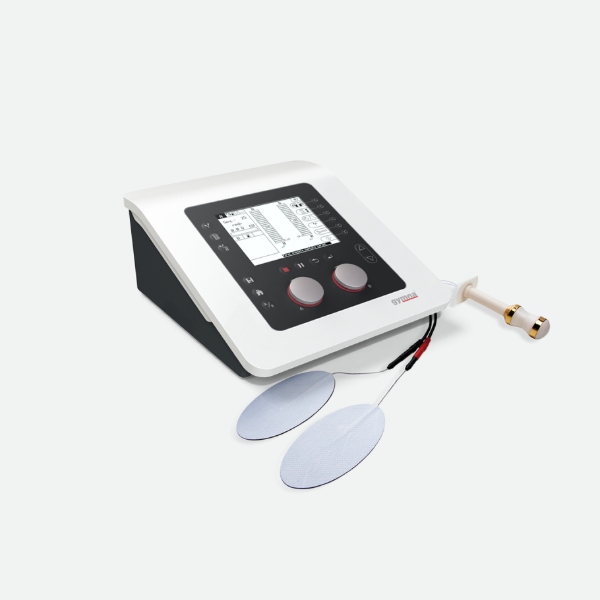

- Introduction
-
Specializations
Primary care
Healthcare Programs
Healthcare Programs for Adults
Healthcare Programs for Children
My Gynaecology
Specialization
Allergology and immunology
Cardiology
Dentistry
Dermatology
ENT - Ear, Nose and Throat
Endocrinology and diabetology
Endocrinology for children
Gynecology
Gynecology for children
Neurology
Nutritional therapy
Occupational therapy
Ophthalmology
Orthopaedics
Psychiatry
Psychiatry for Children and Adolescents
-
Doctors and Therapists
Tereza Agnew, M.A., DiS.
MUDr. Pavla Bednářová
MUDr. Karel Bulíř
Mgr. Helena Červená
MUDr. Jitka Činátlová
Mgr. Karolina Diallo, Ph.D.
MUDr. Zdenka Dolná
MUDr. Barbora East, PhD, FEBS AWS
MUDr. Alžběta Fíková, Ph.D.
MUDr. Robert Frei
doc. MUDr. Jiří Hanáček, Ph.D.
Mgr. Barbora Hejlíková
MUDr. Zuzana Hendrickson
MUDr. Petra Hlaváčová
MUDr. Alena Holá
MUDr. Mária Charvátová (Bederková)
MUDr. Patricie Jagr
MUDr. Hana Jandíková, Ph.D.
MUDr. Petr Janský
odb. as. MUDr. Aneta Klímová, Ph.D.
MUDr. Adam Klocperk, Ph.D.
Mgr. Renata Jardin Kocourek, DiS.
MUDr. Kateřina Krejčí
MUDr. Ing. Iva Krulová
MUDr. Eva Kubičová
Bc. Jana Levans, DiS.
Mgr. Zdeněk Louda
MUDr. Radka Maritato
MUDr. Petr Mašát, Ph.D.
MUDr. Markéta Matějková, FEBU
MUDr. Peter Mertan
MUDr. Ivo Michalička
MgA. Vladimír Michálek
odb. as. Ing. Martin Meliška
MUDr. Lenka Mrázková
MUDr. Monika Müllerová
MUDr. Markéta Nejdl, MSc, DIC
MUDr. Veronika Netušilová
MUDr. Róbert Novotný, Ph.D.
MUDr. Lucie Petrů
MUDr. Marek Plánička
MUDr. Veronika Plasová
MUDr. Kryštof Pohl
MUDr. Stanislava Polášková
Dr. Amanda Preston, Ph.D.
MUDr. Jitka Radvanská
MUDr. Viktor Řeháček
MUDr. Magdaléna Sazamová
MUDr. Helena Součková
MUDr. Andrej Stančák, Ph.D.
MUDr. Ivana Straková
MUDr. Kateřina Storey, Ph.D.
Ingrid Svačinková
prof. MUDr. Petra Svozílková, Ph.D.
Mgr. Kateřina Šimečková
MUDr. Michal Širanec
MUDr. Jakub Štádler
MUDr. Kristina Štěpánková Tůmová
Carmen Gloria Vrubel-Fernández Verdejo, MSc.
MUDr. Eva Valentová
PhDr. Hana Vránová, Ph.D.
MUDr. Martina Zlínská
as. MUDr. Renata Ženíšková
MUDr. Luděk Žmolík
- For Clients
- About us
- U.S. VISA Medical Exam
- Contact
- EN


 +420 222 900 900
+420 222 900 900

